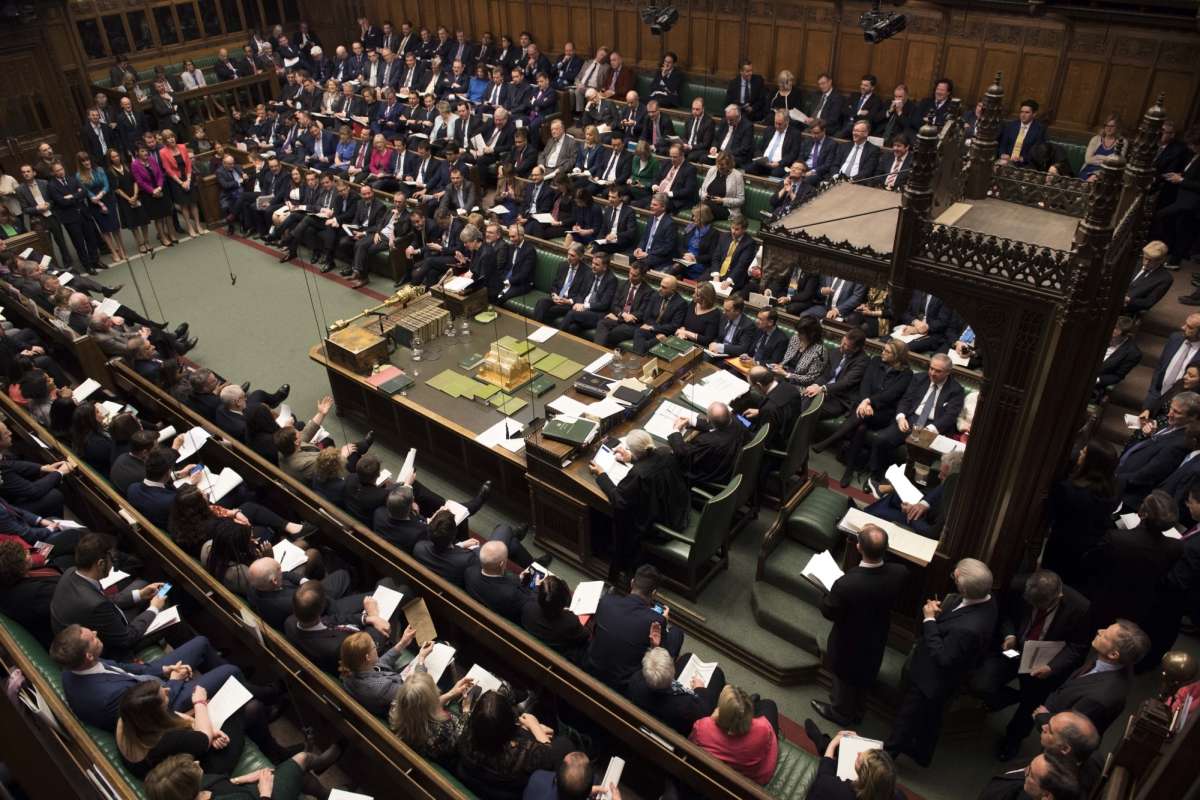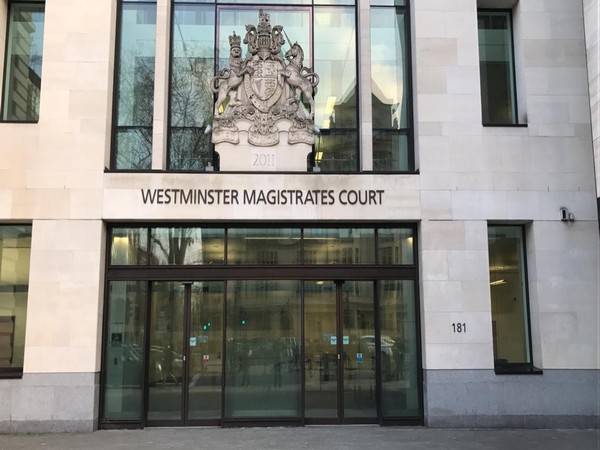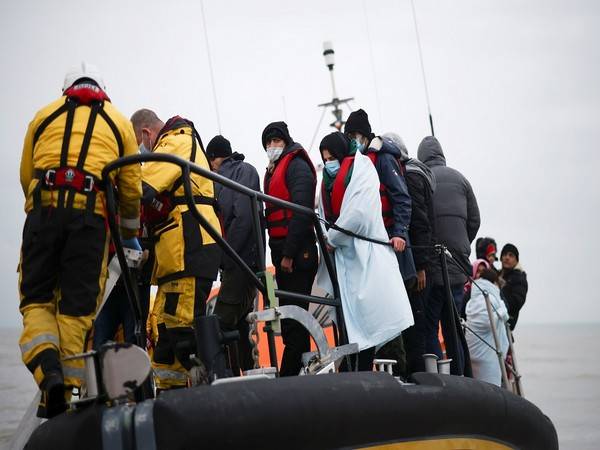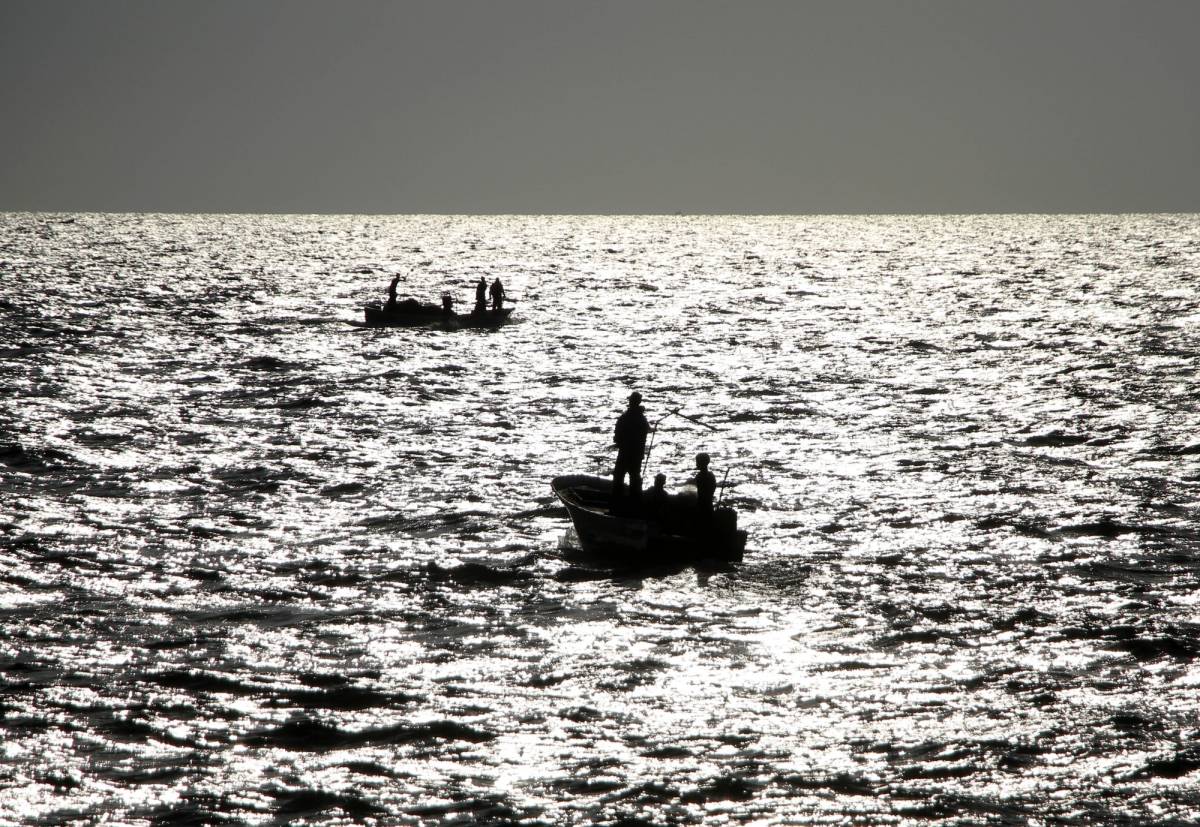Some Lords complained that the legislation as currently drafted would require Rwanda to be treated as a safe country regardless of the evidence…reports Asian Lite News
British Prime Minister Rishi Sunak suffered his first defeats over his legislation to send asylum seekers to Rwanda after the upper house of parliament demanded greater protections to be introduced before deportation flights can take off.
Under the Rwanda plan, which has yet to be carried out, asylum seekers who arrive on England’s southern coast in small, inflatable boats would be sent to live in Rwanda, but so far no one has been deported because of ongoing legal challenges.
In an effort to overcome resistance from the courts, Sunak’s government is passing legislation through parliament that would block further legal challenges by declaring Rwanda a so-called safe country for asylum seekers.
Unelected members of the House of Lords, largely made of former politicians and government officials, voted in favor of one amendment that would mean flights could only take off when a treaty — that would implement legal safeguards in the Rwandan asylum system — had been fully implemented.
The Lords also voted for an amendment that said the legislation must be fully compliant with international and domestic law, and another that requires proof that Rwanda is safe for refugees before flights can leave.
However, the more powerful elected House of Commons can overturn the changes at later stages in a process known as “parliamentary ping-pong” and the legislation could still enter the statute book unamended.
Some Lords complained that the legislation as currently drafted would require Rwanda to be treated as a safe country regardless of the evidence.
Christopher Tugendhat, a Lord for the governing Conservatives, accused the government of behaving like the ruling party in George Orwell’s dystopian novel “1984.”
“If this bill goes onto the statute book in its present form, Rwanda will be a safe country regardless of reality,” he said.
Sunak has said he wants the first deportation flights to leave in the next few months — ahead of a general election expected in the second half of this year — so he can meet a pledge to “stop the boats.”
More than 2,500 asylum seekers have arrived in Britain on small boats so far this year. A seven-year-old girl died over the weekend trying to reach Britain after a small boat carrying her capsized off the coast of France.
In the most detailed financial assessment of the Rwanda policy, the British government’s spending watchdog on Friday said it would cost more 600 million pounds ($762 million) to deport the first 300 refugees.





